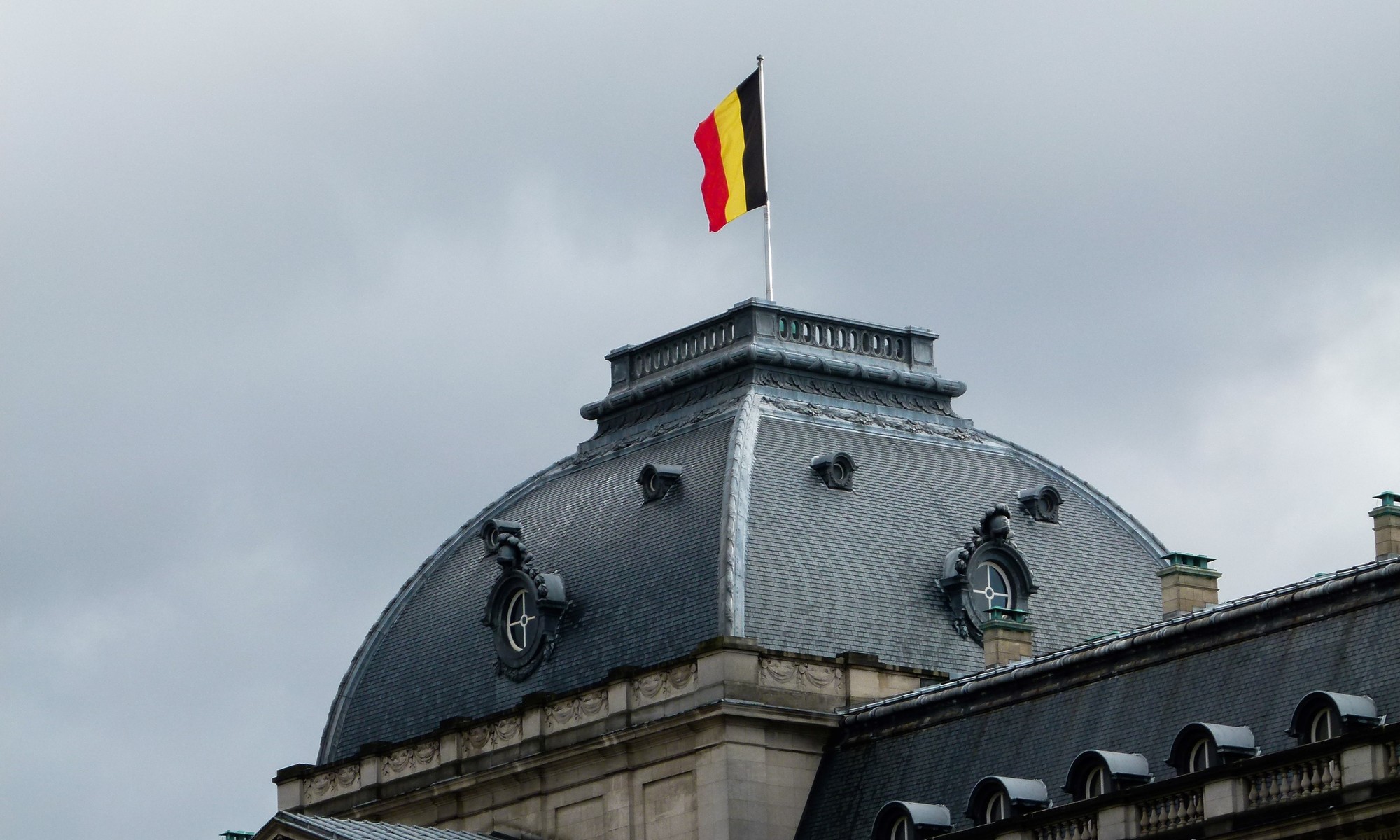
Not surprisingly, many would like to have the legal right to live in this country. That is why we have prepared a number of answers to frequently asked questions about Belgium.
What are the terms of consideration of documents for a visa?
There is no single answer to this question since each visa request has its own characteristics and is considered on an individual basis. In the event that clarifications, additions are required, the employees themselves contact the applicant for additional information.
Moreover, much depends on the type of visa:
- Schengen visa (up to 90 days)
If the dossier is complete, the Embassy will respond as soon as possible. However, it is recommended to leave a request three weeks before the date of departure to Belgium.
- Long-term visa (family reunification, study, work permit, professional card, etc.)
In this case, the terms may vary depending on the type of visa:
- a visa is issued on the basis of an invitation to work or a professional card within 5 working days if the documents have been submitted in full;
- for all other types of visas, the deadlines can be longer, since most of these applications are sent to the Ministry of Internal Affairs (Department for Work with Foreigners) for a final decision.
If your documents were sent to the Office for Work with Foreigners of the Ministry of Internal Affairs of Belgium, you can track the results on the official website http://dofi.ibz.be. To do this, go to the section “consultation visa” and enter the number of the dossier that was given to you at the Embassies. Support department phone number is +32 2 206 15 99.
Reasons for refusing immigration
A very frequently asked question is why immigration to Belgium can be refused.
Failures in 2021 are most often caused by:
- Providing falsified documents.
- Forgery of the applicant’s signature (typical for cases of remote contact with fraudulent companies).
- The presence of a ban on entry into the Schengen area.
- Insufficient justification of the purpose of your visit.
- The lack of conclusive evidence of your financial security.
Is a residence permit in Belgium paid?
You need to pay for a residence permit in Belgium. For students, the fee is 160 Euros, for labor migrants – 215. Refugees and foreigners in need of medical assistance are exempt from payment.
After three years of residence with a residence permit, you can apply for permanent residence. To obtain permanent residence, you must be fluent in one of the official languages of Belgium.
What is the term of the residence permit?
The term of the residence permit depends on the method of immigration. If the duration is not agreed in advance, then you will receive a residence permit for a period of one year, it can be extended three times. After that, the resolution is changed or reset.
Car rental and travel rules
One of the frequently asked questions among those who are already in Belgium is the ability to drive. Car rental requires an international driver’s license and credit card. The maximum permitted speed on the highway is 120 km / h, on national roads – 90 km / h, in settlements – 50 km / h. Be careful on the roads! Belgium has one of the highest levels of road deaths in Europe, as local residents do not always comply with traffic rules.
Particular attention should be paid to the passage through the tunnels – many of them have several exits, which are often poorly marked. In cities, especially in their historical part, the car should be parked only in paid parking lots.
Public transport
If you decide to use public transport, there are a few things to consider. Metro, trams, and buses in Brussels make up a single transport system in which a single ticket is valid. Tickets or books for 5-10 rides are sold at newsagents, bus drivers, and at any metro station. Public transport operates from 05.00 to 00.30. The average cost of a taxi in the city is 10-20 Euros.
The Belgian National Railways (Societe Nationale des Chemins de Fer Belge – SNCB) is a developed rail system linking all major cities in the country.
Where to call in an emergency
- Ambulance and fire protection – 100.
- Police – 101.
- Pan-European Rescue Service – 112.
Immigration in the context of coronavirus
Due to the constantly changing epidemiological situation related to the coronavirus in Belgium, travel restriction measures are also evolving very quickly.
To stay updated in real-time, please visit the website of the Belgian Immigration Service regularly:
https://dofi.ibz.be/sites/dvzoe/EN/Pages/International%20travels.aspx
You can also find detailed information on PCR tests, quarantine, or mandatory forms that must be completed before arriving in Belgium on the website of the Ministry of Health:
https://www.info-coronavirus.be/en/travels-outside-eu-schengen/

